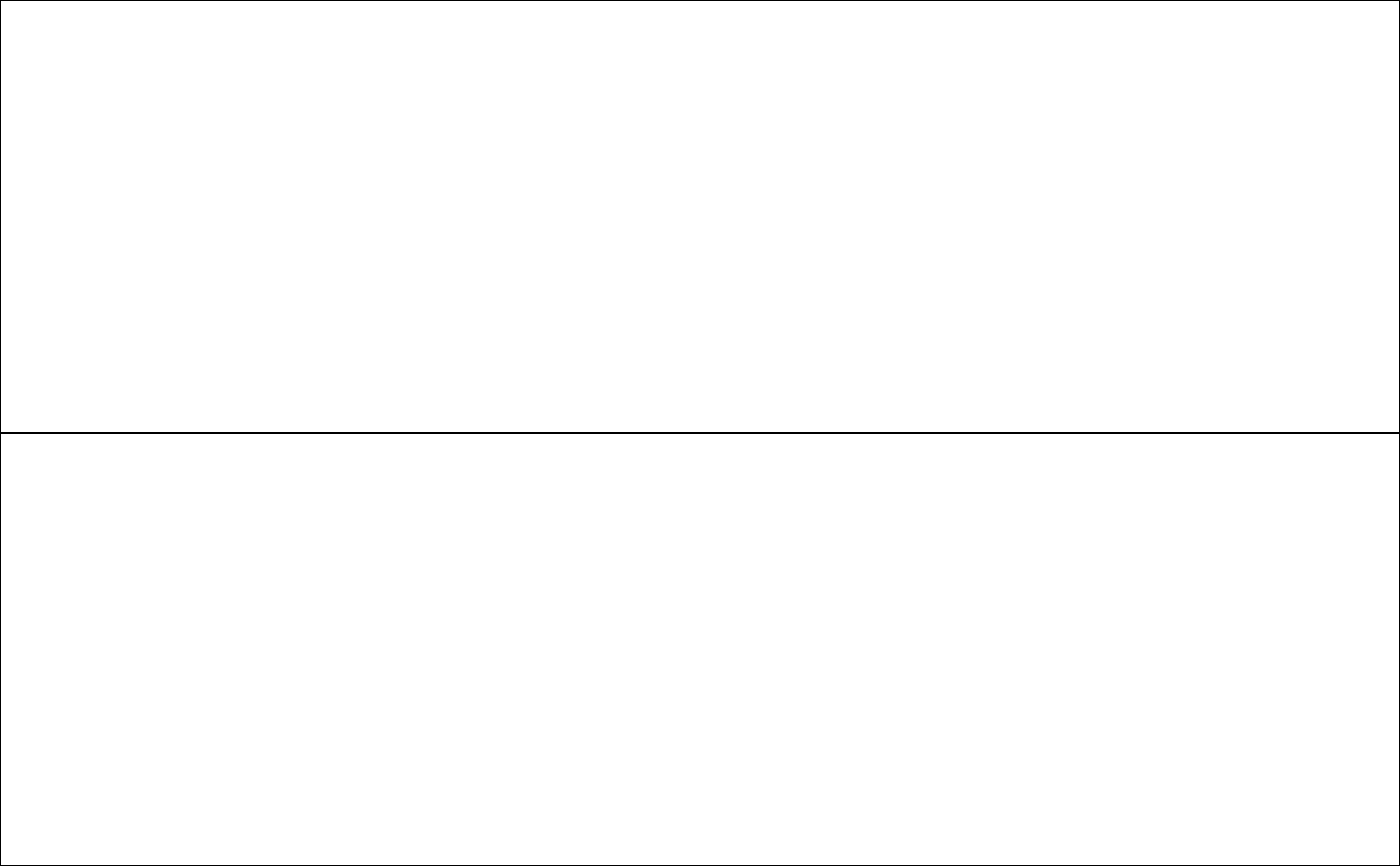Arrange multiple grobs on a page
arrangeGrob.RdSet up a gtable layout to place multiple grobs on a page.
arrangeGrob(..., grobs = list(...), layout_matrix, vp = NULL, name = "arrange", as.table = TRUE, respect = FALSE, clip = "off", nrow = NULL, ncol = NULL, widths = NULL, heights = NULL, top = NULL, bottom = NULL, left = NULL, right = NULL, padding = unit(0.5, "line")) grid.arrange(..., newpage = TRUE) marrangeGrob(grobs, ..., ncol, nrow, layout_matrix = matrix(seq_len(nrow * ncol), nrow = nrow, ncol = ncol), top = quote(paste("page", g, "of", npages)))
Arguments
| ... | grobs, gtables, ggplot or trellis objects |
|---|---|
| grobs | list of grobs |
| layout_matrix | optional layout |
| vp | viewport |
| name | argument of gtable |
| as.table | logical: bottom-left to top-right (TRUE) or top-left to bottom-right (FALSE) |
| respect | argument of gtable |
| clip | argument of gtable |
| nrow | argument of gtable |
| ncol | argument of gtable |
| widths | argument of gtable |
| heights | argument of gtable |
| top | optional string, or grob |
| bottom | optional string, or grob |
| left | optional string, or grob |
| right | optional string, or grob |
| padding | unit of length one, margin around annotations |
| newpage | open a new page |
Value
arrangeGrob returns a gtable.
marrangeGrob returns a list of class arrangelist
Details
Using marrangeGrob, if the layout specifies both nrow and ncol, the list of grobs can be split into multiple pages. On interactive devices print opens new windows, whilst non-interactive devices such as pdf call grid.newpage() between the drawings.
Functions
arrangeGrob: return a grob without drawinggrid.arrange: draw on the current devicemarrangeGrob: interface to arrangeGrob that can dispatch on multiple pages
